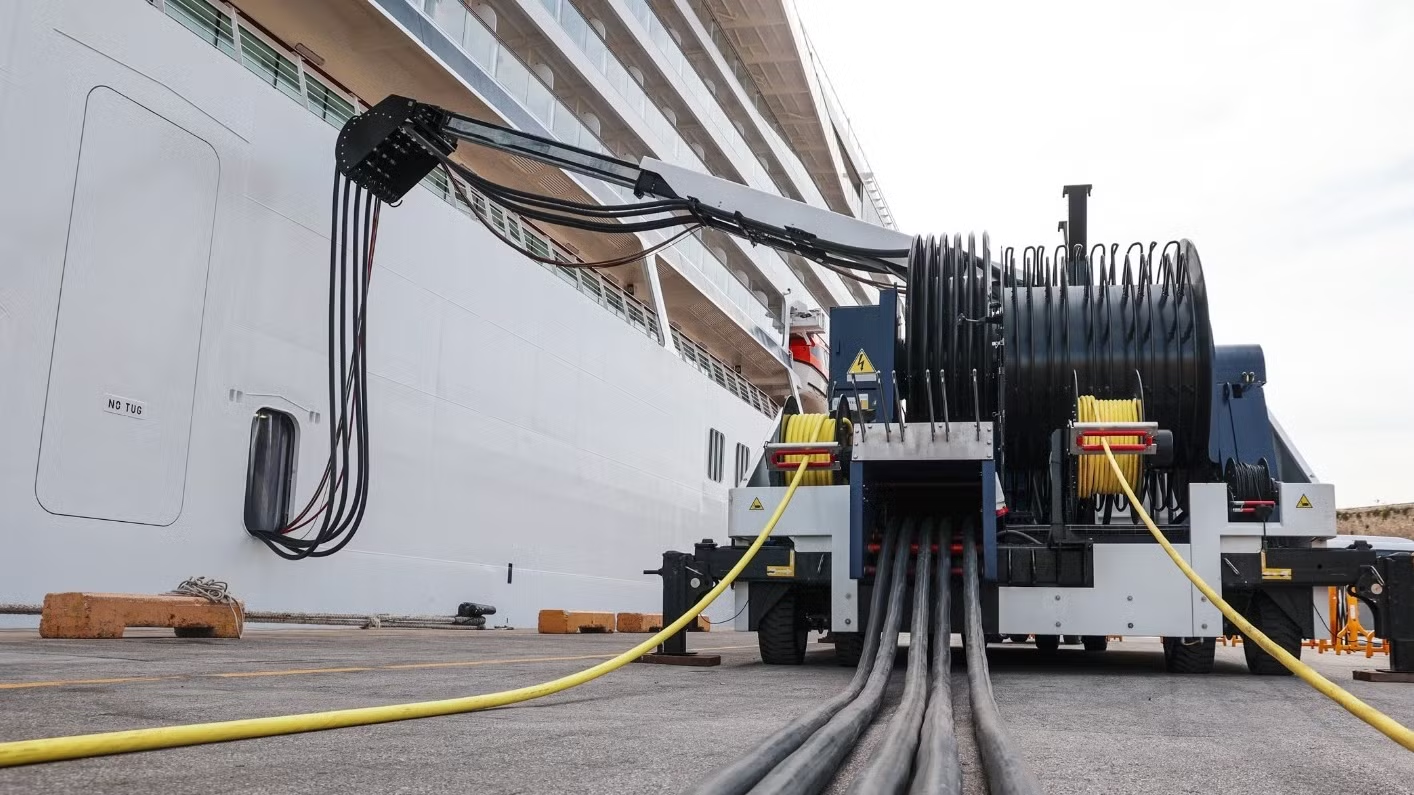Peninsula recently delivered 2,000 tons of UCOME-based B24 marine biofuel to the 155,000 DWT COSCO container carrier, M/V Cscl Venus, through Vitol Bunkers.
According to Peninsula, the use of Biofuel in this delivery will provide minimum GHG savings of over 1,200 tons of CO2 equivalent. For context, this saving is the equivalent CO2 emissions of over 200 vans covering 40,000 km each.
Our internal expertise across the entire alternative fuels supply chain, as both physical supplier and trader, means that we can add real value to our customers. We look forward to continuing our decarbonisation journey together.
… said Michael Tang, Chief Representative Officer (China) for Peninsula
Nacho de Miguel, Head of Alternative Fuels and Sustainability at Peninsula added that Biofuel supply volumes are naturally increasing due to the regulatory environment, but it is equally clear that customers like COSCO, one of the biggest names in global shipping, feels able to trust Peninsula in delivering reliable lower-carbon solutions.
To remind, during the 2023 SAFETY4SEA Limassol Forum, Bill Stamatopoulos, Global Business Development Director, VeriFuel, presented some pros and cons of biofuels including:
Pros
- Four-year experience with successful trials since 2019
- Improved CO2 emission factor
- Limited safety risk as it is not toxic (like ammonia) and the flash point is always higher than 100 degrees, so it meets the SOLAS requirement
- Can use the existing bunkering infrastructure
- Mix with fossil fuels a.k.a. “drop in”
Cons
- Availability
- Cost (20-40% over the VLSFO price)
- Energy content is lower, but they have better ignition and combustion properties
- Lack of crew training
- Storage and transfer temperatures above the cloud point
- Aviation may also use them






























































